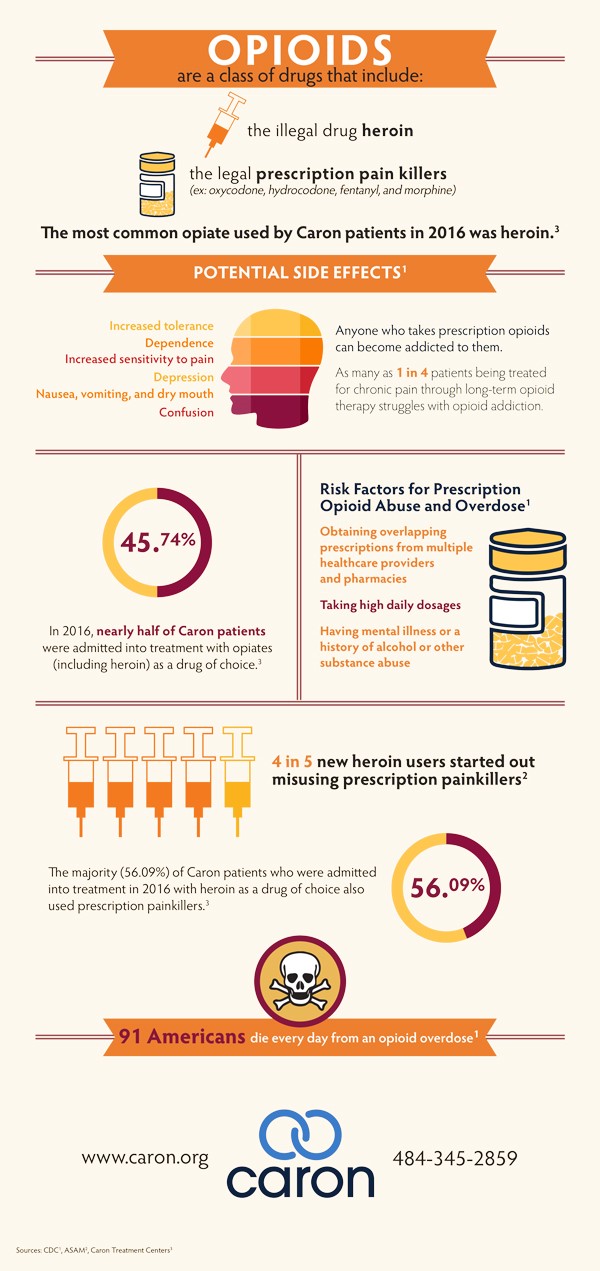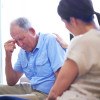Pennsylvania’s Opioid Crisis: When Pain Relief Turns Into Addiction

Photo credit: Getty Images/VladimirSorokin
Addiction isn’t always linked to an illegal substance. In fact, a report from the Centers for Disease Control and Prevention states addiction and overdose from prescription opioid medications has been steadily on the rise over the past 10 years.
While prescription medication can be key for aiding pain relief after surgery, it’s important to be mindful of your doctor’s notes and the potential consequences of misusing these powerful medications. In Pennsylvania, the statistics only get more alarming: More than 2.1 million Pennsylvanians are addicted to opioid painkillers. The state also saw a rise in heroin addiction (which is related to opioid use) from 2014 – 2016.
How can a prescription for pain relief turn into an addiction? Four in five new heroin users started out by misusing prescription medicine, according to a 2013 study from the U.S. Department of Health and Human Services.
The team at Caron Treatment Centers works day-in and day-out in to help better understand the underlying cause of addiction and develop tailored programs. Here they break down a few basic stats that explain how the misuse of prescription pain medicine can cause addiction you might not have expected.

The road to addiction is different for everyone, but with integrated behavioral health treatment available at Caron Treatment Centers, their team helps you and your loved one pinpoint the root cause of addiction and treat it effectively.
If you suspect a loved one is struggling with drug use or addiction, don’t wait until it’s too late. For more information on taking the next steps toward recovery, visit Caron Treatment Centers.
This is a paid partnership between Caron Treatment Centers and Philadelphia Magazine


